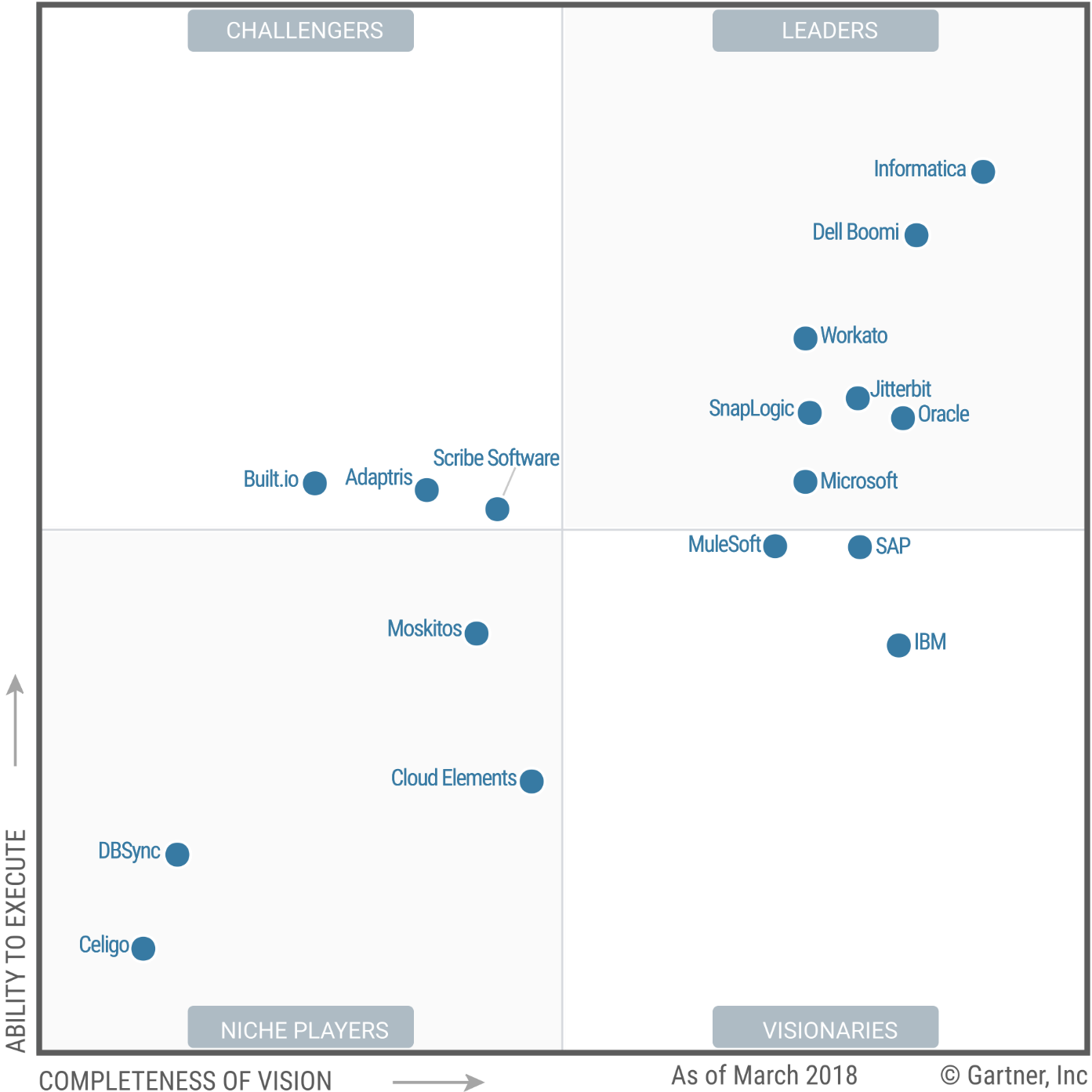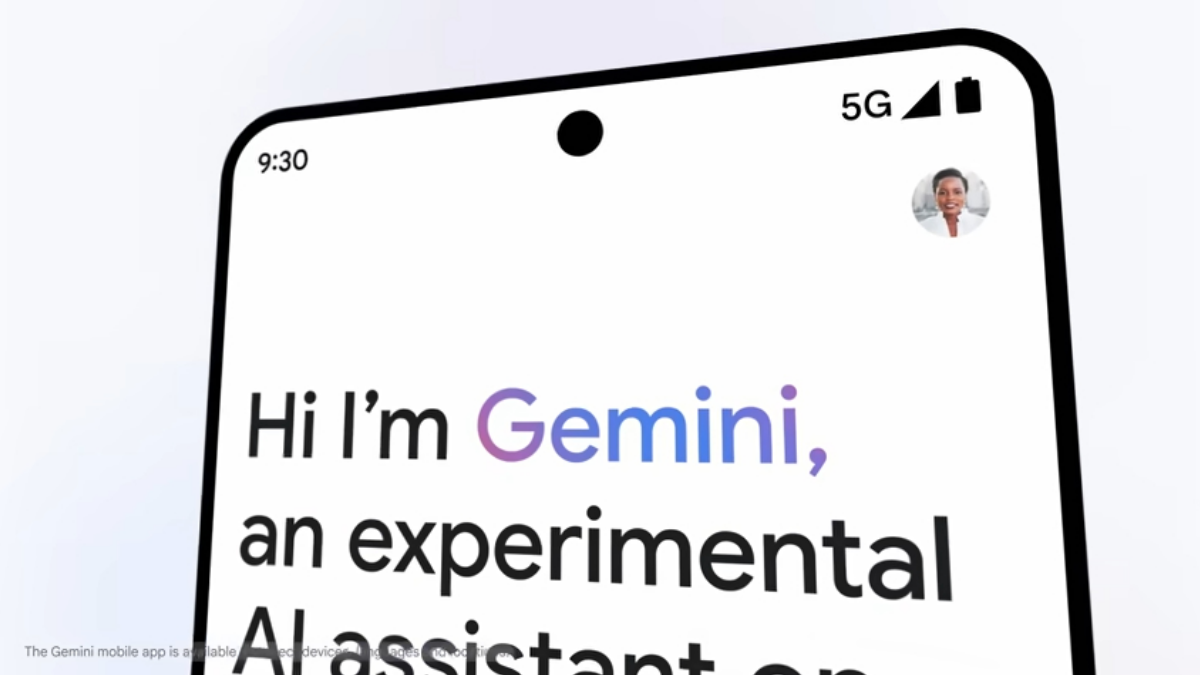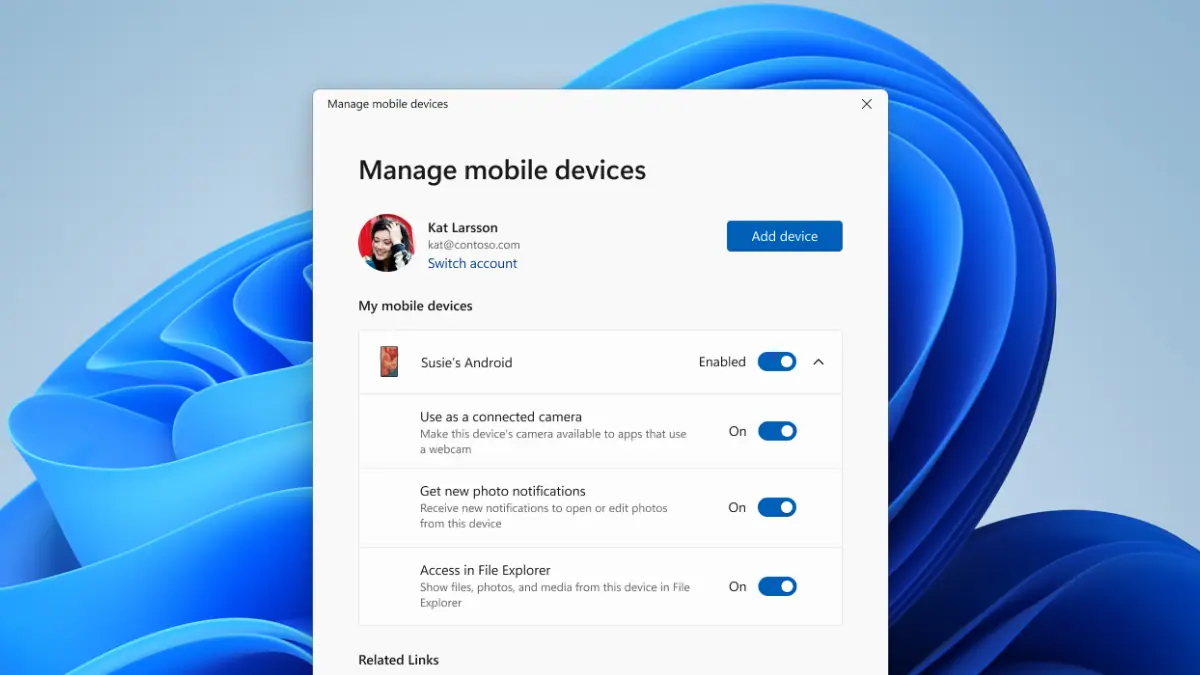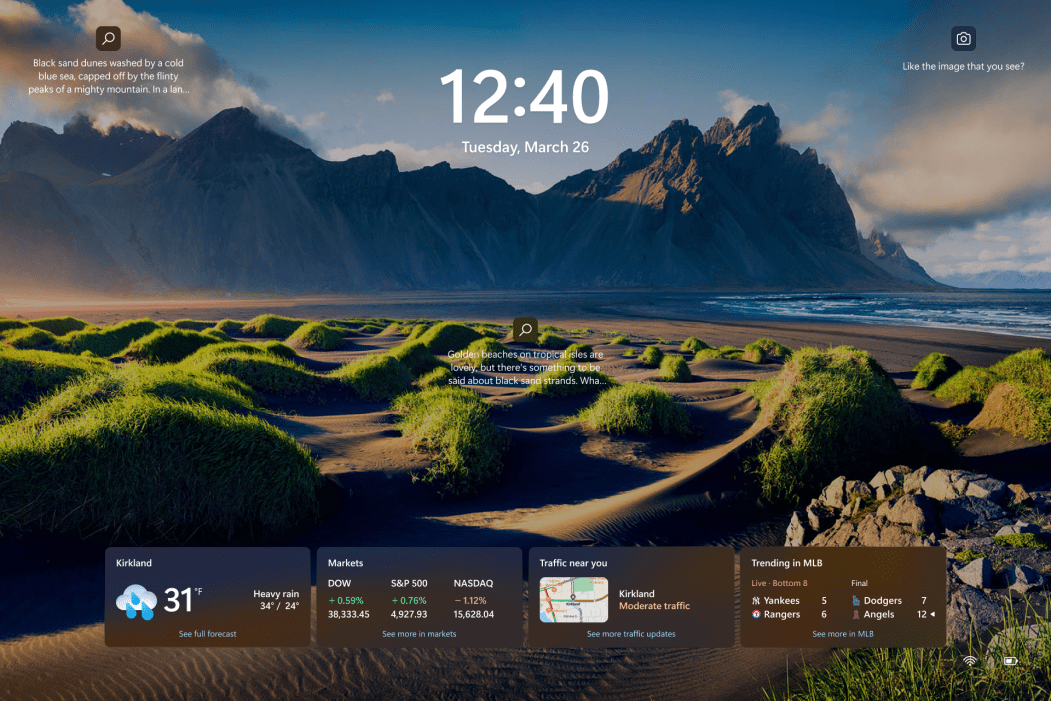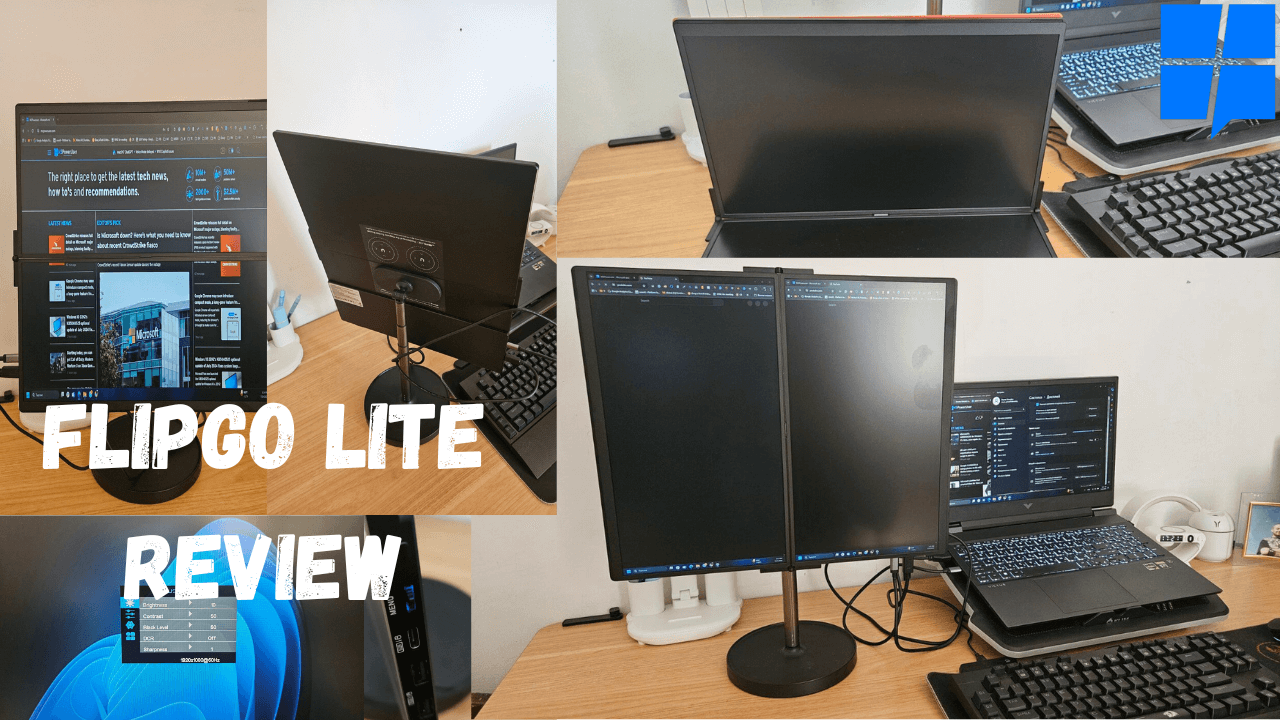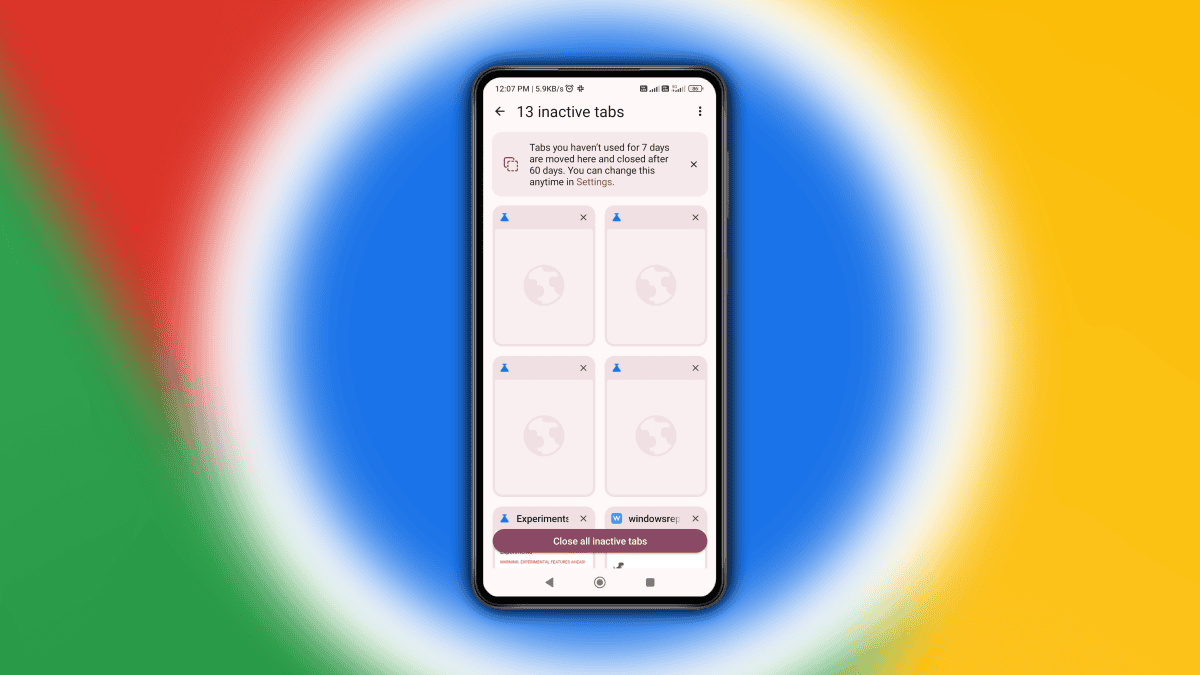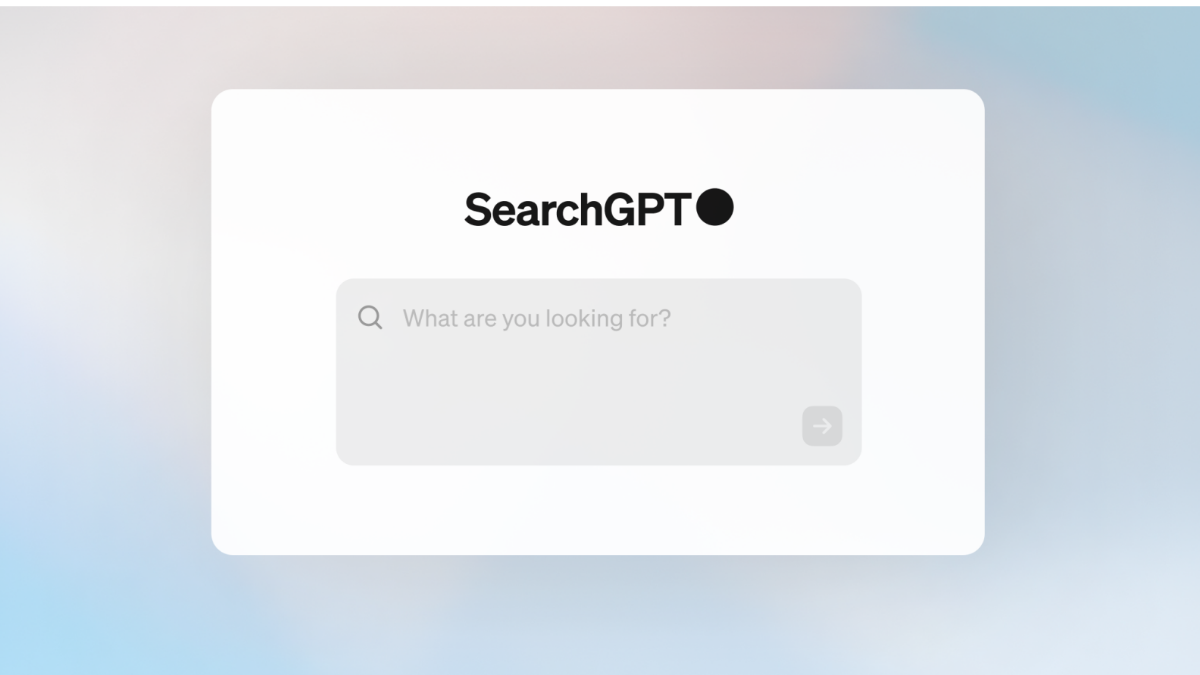Microsoft recognized as a leader in enterprise integration
3 min. read
Published on
Read our disclosure page to find out how can you help MSPoweruser sustain the editorial team Read more
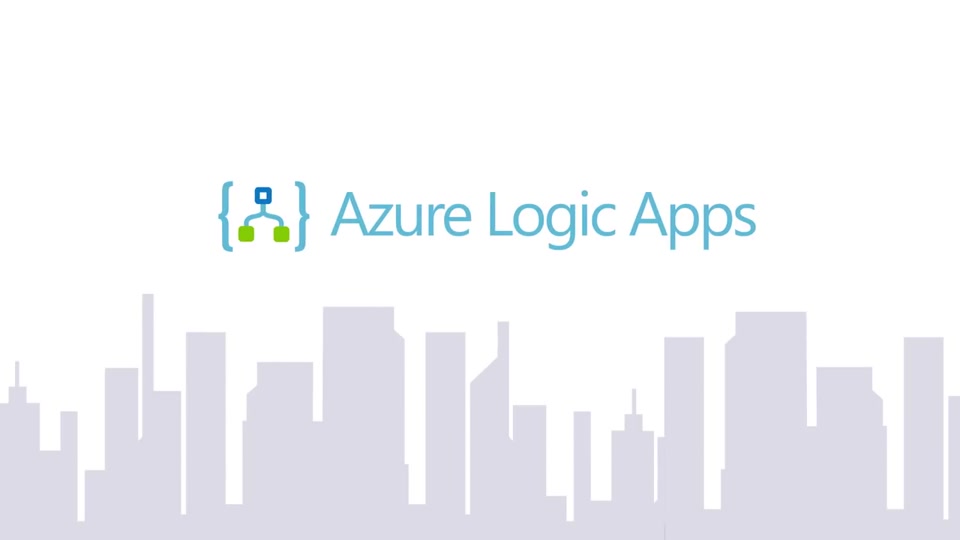
Gartner recently published its Magic Quadrant for Enterprise Integration Platform as a Service (eiPaaS) and Microsoft was recognized as a leader in the report. Microsoft’s eiPaaS offerings include Logic Apps, API Management, Service Bus, Event Grid, Data Factory and Microsoft Flow.
Azure Logic Apps is the key component of Microsoft’s offering and it allows enterprise to connect their business-critical apps and services, automating their workflows without writing a single line of code. Gartner mentioned the following as the strengths and cautions about Microsoft’s enterprise integration offerings.
Strengths:
- Global cloud: Deployed in more than 30 of Microsoft’s cloud regions globally, with another six planned for 2018, Azure Integration Services are widely available in most regions. The addition of Azure Stack, Microsoft’s Azure on-premises extension, increases runtime deployment options and support for hybrid scenarios, and removes the historic dependency on BizTalk.
- Strong growth: Gartner estimates that Microsoft more than tripled its client base during 2017, making it one of only a handful of vendors with more than 5,000 client organizations. Microsoft’s was also the fourth most considered platform among those offered by the vendors in this Magic Quadrant, reflecting its increasing market presence.
- Platform versatility: During 2017, Microsoft added numerous features to its EiPaaS offering to improve its versatility, which now covers application integration, data integration, API management, B2B/EDI and IoT scenarios. This versatility of use was also confirmed by Microsoft’s reference customers.
Cautions:
- Platform maturity: Microsoft has responded to feedback around a lack of functional depth in the offering by having an aggressive release schedule during 2017. While this has been recognized as a strength, many of these capabilities are still relatively unproven in the market. This is reflected in its reference customers’ evaluations, with many of the features receiving below-average scores, including protocol mapping, data formats, data standards and data mapping and transformation.
- Microsoft-developer-focused ecosystem: With such a large customer base to leverage and a strong focus on the enablement of developers, Microsoft often fails to market to the buyers of SaaS, including Microsoft SaaS. This results in a message that does little to appeal to organizations that do not have Microsoft development skills, though Flow goes some way to addressing this.
- Customer expectation: While reference customers’ satisfaction was generally good, the EiPaaS market is an incredibly competitive space with the majority of vendors being scored above 4.5 on a 1 to 5 scale in both product and vendor satisfaction. Microsoft scored just below average on overall satisfaction and just above average on value for money, and has some work to do in this area if it wants to catch up with the leading competition.
Source: Gartner

